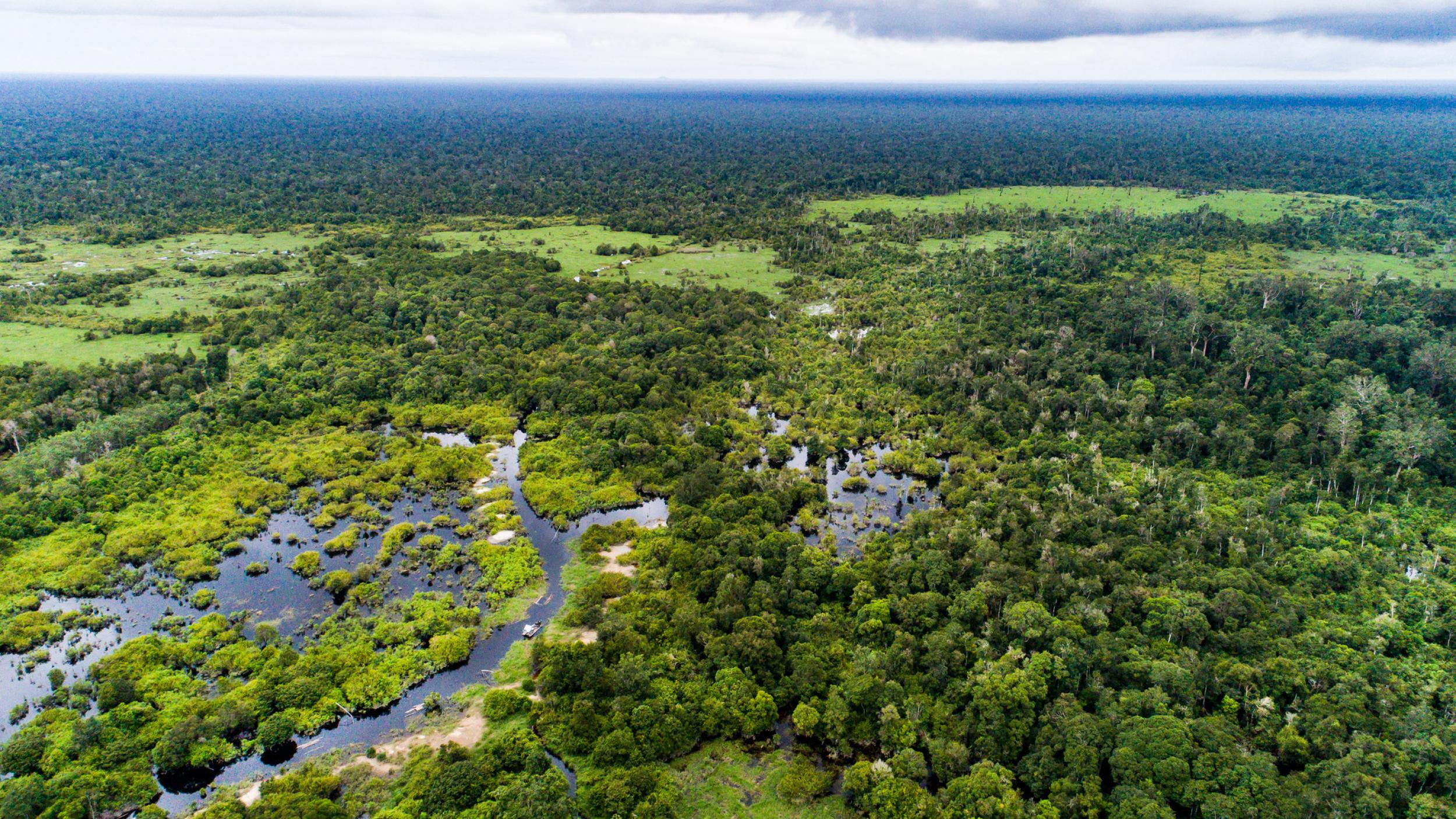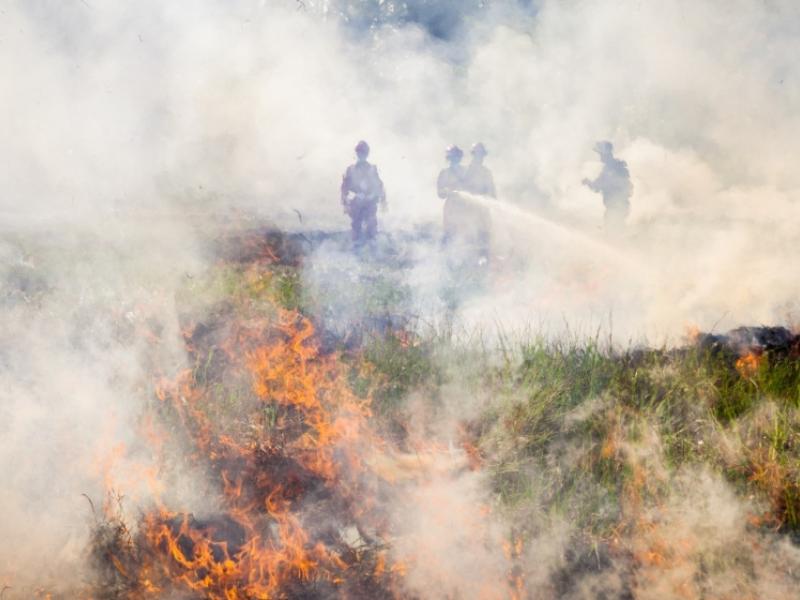
The human health benefits of conserving and restoring peatlands
It is well known that peatlands matter for livelihoods, carbon storage, flood mitigation, and water quality, but a recent study has shown that peatlands also matter for human health.
The study suggests that thousands of deaths could be prevented over the next three decades across Indonesia, Malaysia and Singapore through improved land management to reduce the number and extent of peatland fires. The fires contribute to dangerous levels of particulate matter harmful to human health. Air quality near large population centres could improve significantly, saving lives, the study found.

Researchers looked at data from models of varying land use and land cover, including emissions due to fires. Taking into account such factors as population exposure, smoke distribution and health impacts, the researchers were able to determine the best strategies to manage and protect land while also improving human health outcomes.
They concluded that protecting peatlands alone could prevent about 24,000 deaths per year across the three countries.
As part of this research, a case study in Indonesia showed that thousands of deaths could be prevented each year if the Indonesian Peatland Restoration Agency sites are all rewetted and restored. These sites cover about 2 million hectares—about 7.5 per cent of Indonesia’s peatlands—and were deemed critical for restoration after the 2015 Indonesian fires.
The study also developed an online software tool to allow policymakers and decision makers to look at public health outcomes associated with different land use decisions.
Peatlands are priority ecosystems to prevent burning as they emit more smoke than other burning biomes. Protecting peatlands in Indonesia, Malaysia and Singapore could reduce fire emissions and avert 66 per cent of excess mortality, the study says.
For more information, please contact Dianna Kopansky: Dianna.Kopansky@un.org